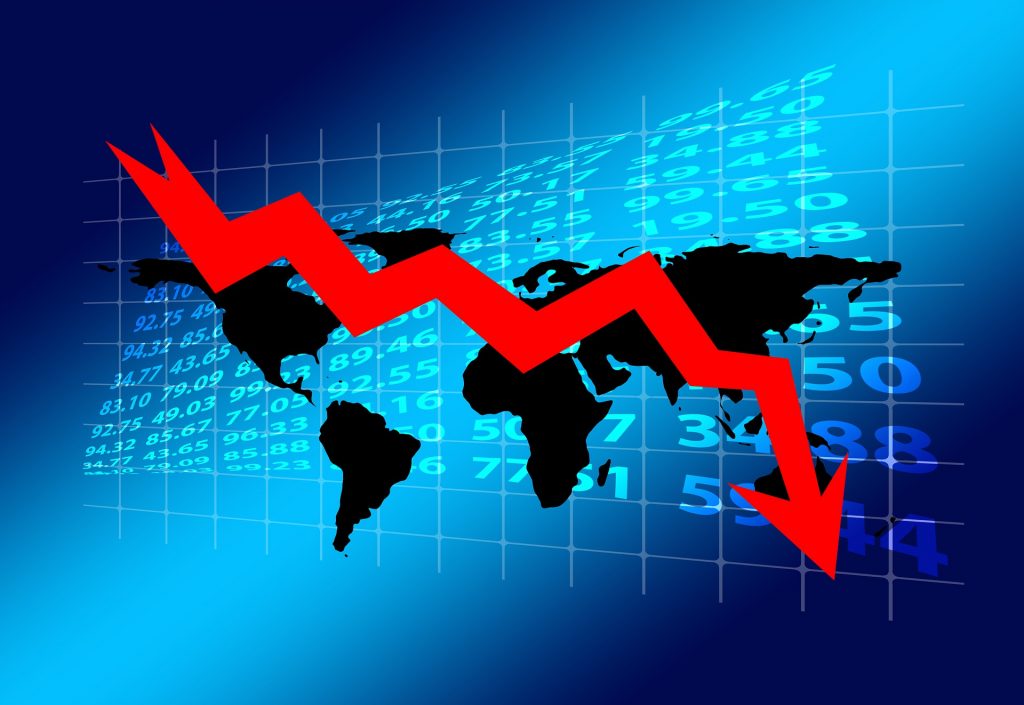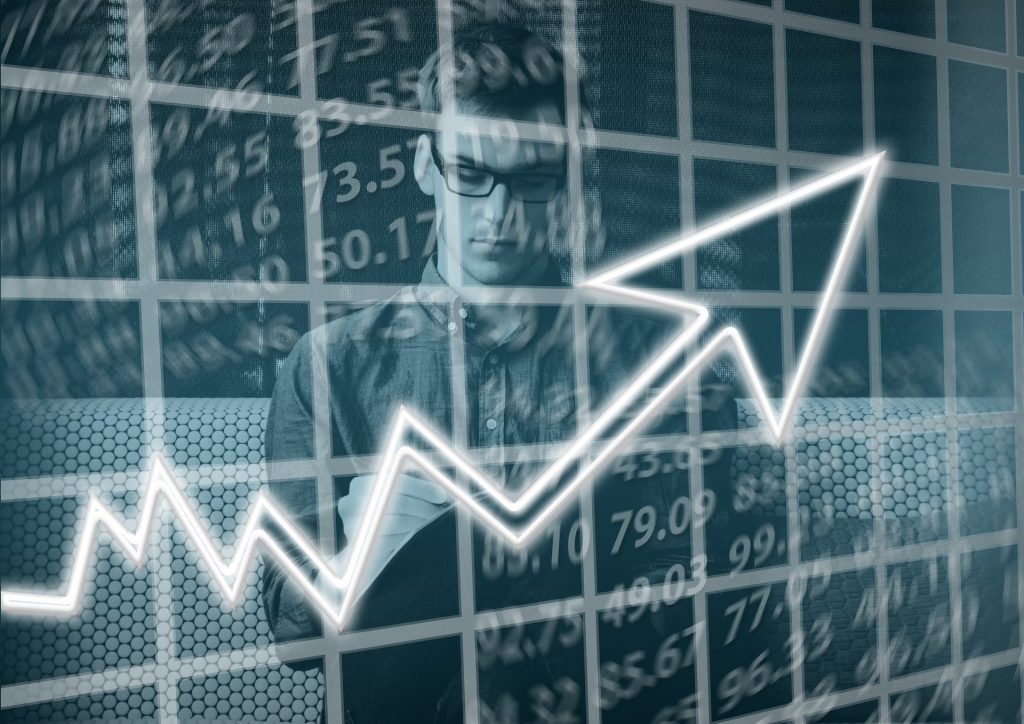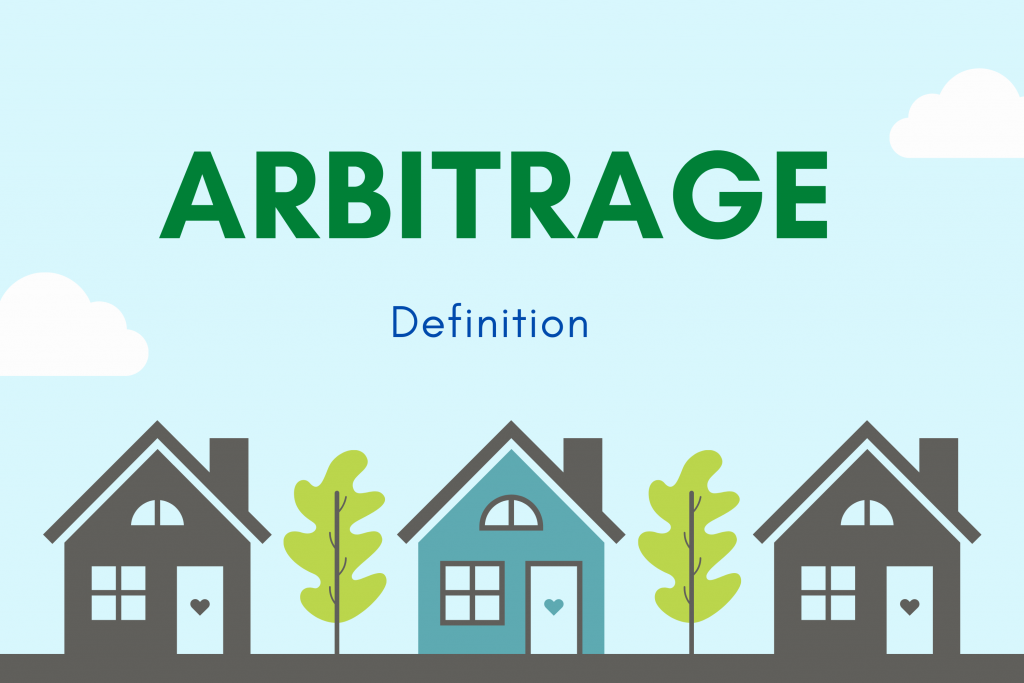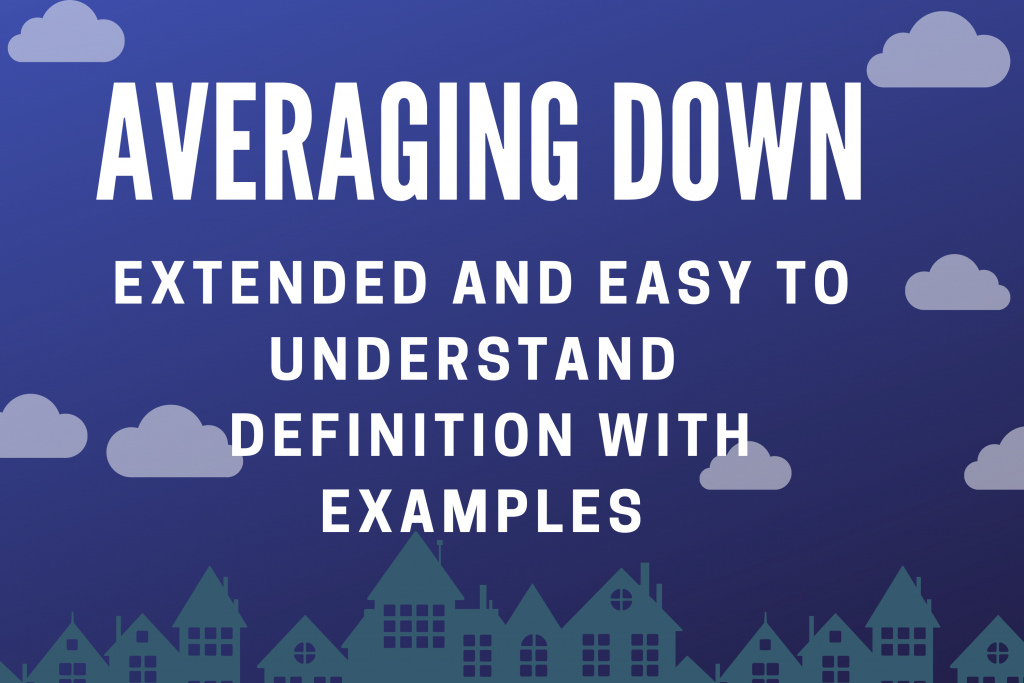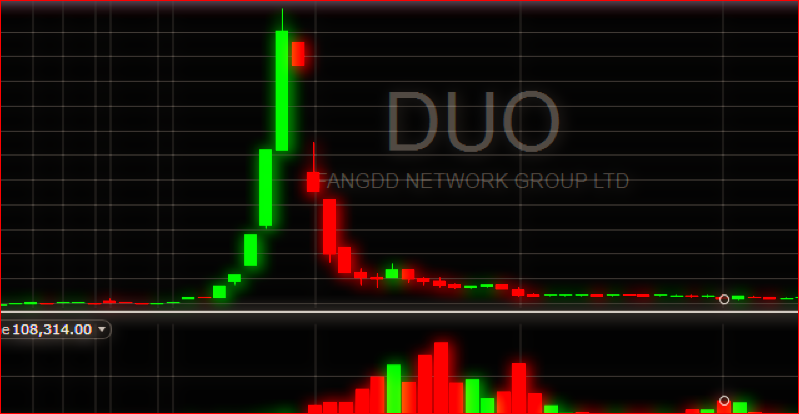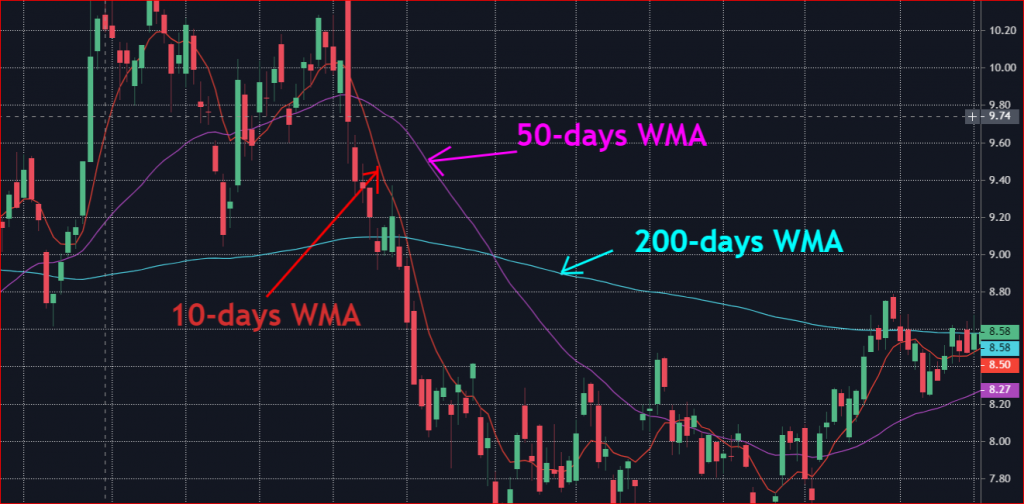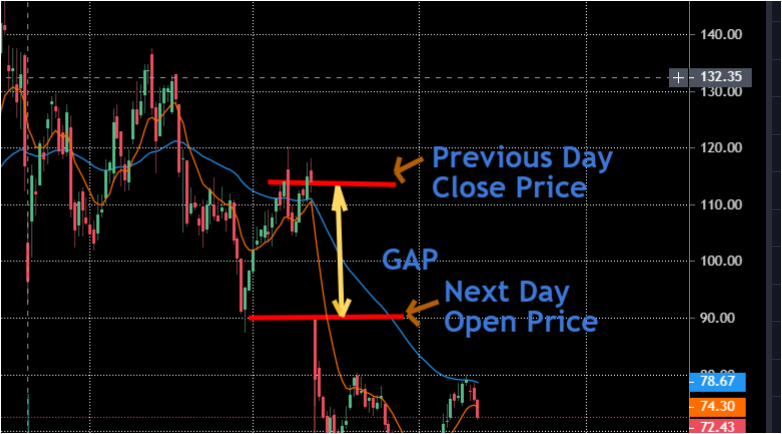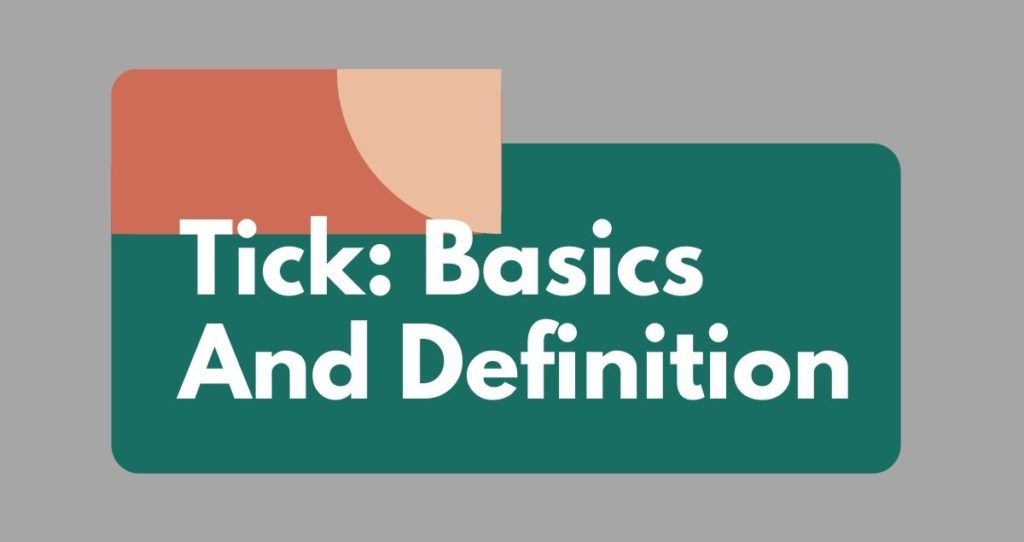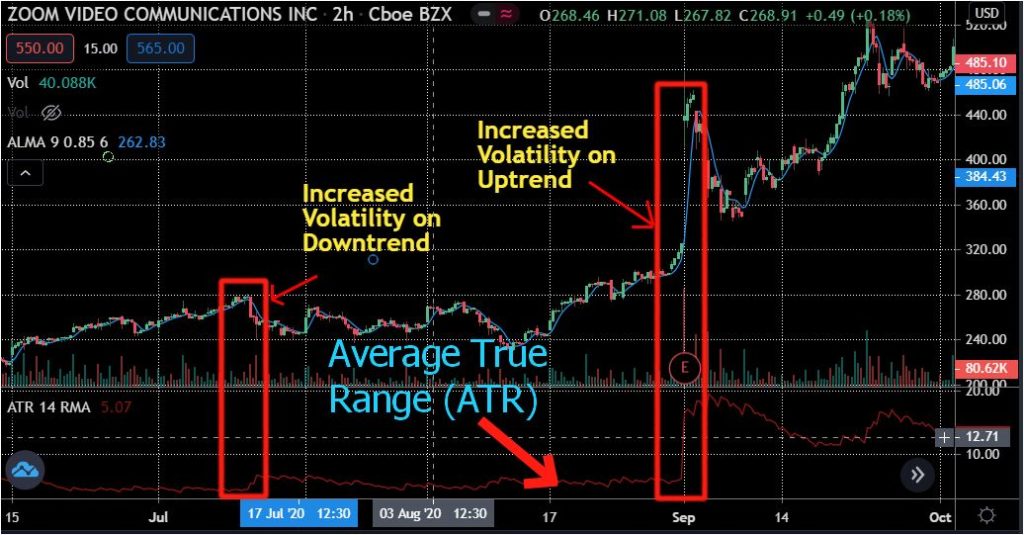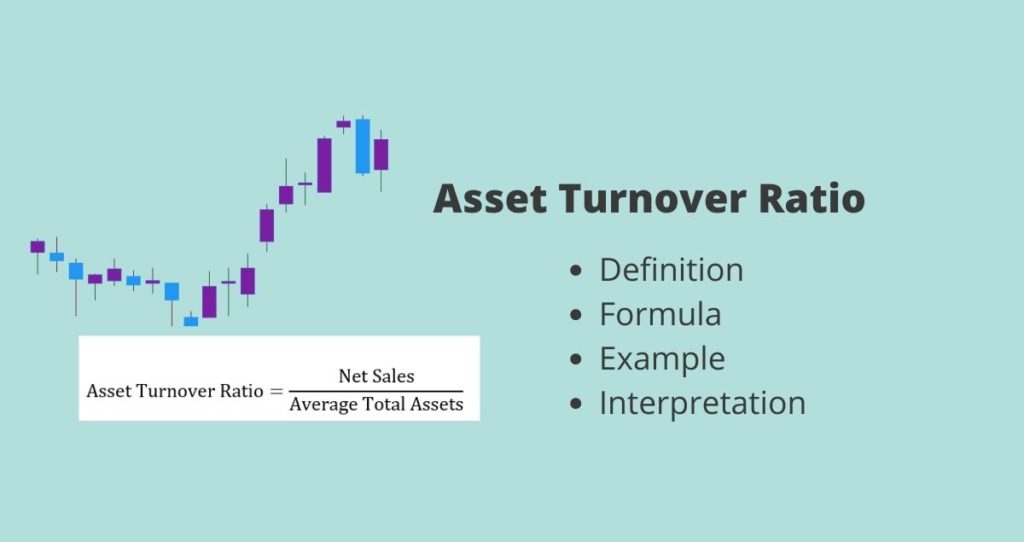What is a recession?
A recession is an economic term used when there is a significant decline in the economic activity that lasts a few months, according to the National Bureau of Economic Research(NBER).
During a recession, many economic sectors such as manufacturing, retail sales, Income, employment, GDP, etc are negatively affected.
How long do recessions last?
The recession starts when the economy reaches its peak and ends when it reaches its trough. The recession can last for two quarters or more of a declining real GDP, according to NBER.
Indicators of a recession

There are many indications of a recession. The following are the top 5 ways you can use to predict the possibility of a recession
1. Real GDP
The Gross Domestic Product or GDP, in short, is the total market value of goods and services that a country produced at a particular time, according to Britannica.
It does not take into account who those services belong to. Instead, it can focus on final users of goods and services produced by a country.
Final users of goods and services are divided into 3 main groups which are businesses, government, and household. Activities from these groups can be used to calculate the GDP. In short, the following is the formula for GDP.
GDP = Investment +Government Spending+ Consumption + Net Exports
When the GDP turns negatives, it could be an indication of a recession.
2. Real Income
A real income is the money earned by a person, company, government, etc, over a particular time and adjusted for inflation and what the money can buy, according to Cambridge Dictionary.
The reason real income matters is because the economy survives on it. Consumers are the engine of the economy. By spending the money they make, businesses and governments stay stronger.
When the real income declines, consumers spend less money and this affects business and government activities. Thus, affecting the economy.
3. Manufacturing
Manufacturing is one of the most important sectors of an economy. It provides jobs and services that push the economy forward. If the health of the manufacturing sector is in jeopardy, it can be an indication of a possible recession in the near future.
4. Employment
Employment is a major factor in determining the economic health of a country. Without enough jobs, more people become unemployed. More unemployment leads to less disposable income and more civil unrest.
With low employment, people become pessimistic about the economy. As a result consumer spending gets affected which in turn affects the production. No company would keep the same production level if the consumption of its products is cut in half.
5. Wholesale and Retail Sales
Retail sales and wholesales work together with the manufacturing industry. Goods and services produced must have consumers for companies to stay in business. Also, retail companies order quantities based on the available number of customers.
In the end, everything comes back to consumer spending. Without many buyers, retail sales and revenues will plummet. As a result, retail companies will order fewer products from manufacturing companies.
With reduced orders from retail companies, manufacturers of goods and services will respond by reducing production capacities and laying off many employees. Back to more unemployment and the cycle continues.
Anyways, a decline in retail sales indicates that something is up with consumer spending and the economy in general. This could be an indication of a recession in the near future.
How to prepare yourself and invest in a recession?

Your response to a possible recession will be different depending on the kind of investor you are.
Longer-term investors stay in the market for a very long time. We are talking about many years like 10,20,30 years. If this is who you are, you probably don’t need to worry about a recession too much. According to Statista, every recession is followed by a recovery. The lost fortune is soon recovered. If you are a long term investor, you may experience many recessions in the lifetime of your investment. So, you don’t have to panic. You just need buckle-up and ride the rollercoaster. The market will rebound and you will gain your fortune back.
What bout short term investors?
My traders and investors are short-term. There is nothing wrong with it. Those who practice day trading and swing trading may find it difficult to stay in a crashing market.
Crashing markets do not necessarily mean the end of your trading career. You can respond to the crash with different methods and strategies.
First of all, get ready to exit the market when there are possible signs of a recession on the horizon. If you don’t want to get out right away, set up stop losses to protect you.
Do not take long positions knowing that the market can crash anytime. Should you choose to go long? Take small position sizes and diversify your portfolio.
You may find success in short selling securities such as stocks, instead of going long. With panic in the market and a high probability of a market crash, you could win by shorting securities.
Use proper trading techniques such as limit orders and stop losses or trailing stops. These techniques will help you buy and sell securities at the best prices possible. Furthermore, they will protect you from majors losses if the market goes against you.
